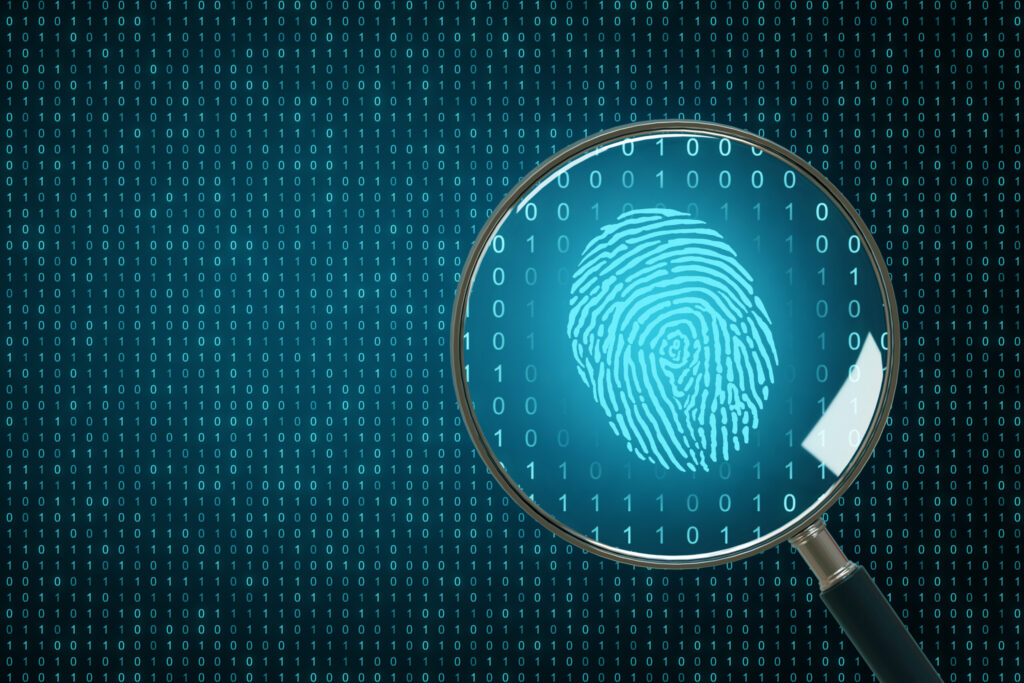
Digital Forensics and Incident Response
Technology is indispensable in Digital Forensics and Incident Response, providing the specialized software and hardware tools used to acquire, preserve, analyze, and present digital evidence. This includes forensic imaging tools, data recovery software, network analysis tools, and malware analysis platforms. Incident response relies on technologies for detecting, containing, eradicating, and recovering from security incidents, often involving SIEM systems, endpoint detection and response (EDR) solutions, and threat intelligence platforms.
The key topics to learn in Digital Forensics and Incident Response are:
- Digital Forensics Fundamentals: Understanding the principles of digital evidence, legal considerations, and the forensic process.
- Evidence Acquisition and Preservation: Using forensic tools to acquire data from various digital devices and ensure its integrity.
- File System Analysis: Understanding different file systems and how to extract relevant information.
- Network Forensics: Analyzing network traffic to identify malicious activity and gather evidence.
- Malware Forensics: Analyzing malware samples to understand their functionality and impact.
- Mobile Forensics: Extracting and analyzing data from mobile devices.
- Incident Response Planning and Execution: Developing and implementing plans to handle security incidents.
- Log Analysis: Examining system and application logs to identify suspicious activity.
- Threat Intelligence: Understanding current threats and using intelligence to inform incident response efforts.
- Legal and Ethical Considerations in Digital Forensics and Incident Response: Understanding relevant laws, regulations, and ethical guidelines.
Industry Use Cases:
- Law Enforcement: Investigating cybercrime and providing digital evidence for prosecution.
- Corporate Security: Responding to security breaches, conducting internal investigations, and mitigating risks.
- Legal Firms: Handling e-discovery and providing expert testimony in legal cases involving digital evidence.
- Financial Institutions: Investigating fraud and security incidents related to financial transactions.
- Consulting Firms: Providing digital forensics and incident response services to organizations across various industries.
